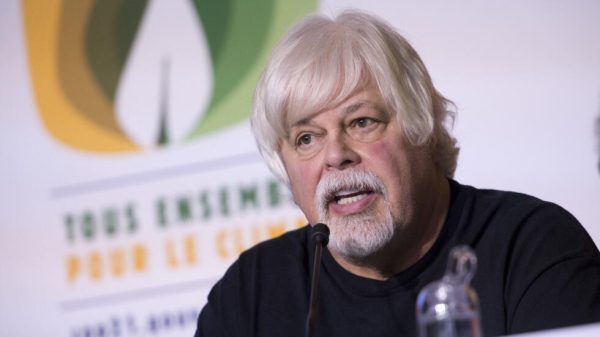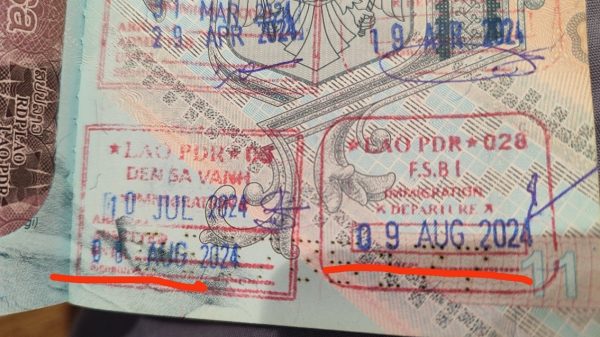The UK began removing Huawei devices from its phone network in 2020 to defend national security. Unfortunately, this approach has had several ramifications, including the lowering of service levels.
Huawei, a major telecom infrastructure company, was thrown out, leaving a gap that has been hard to fill, resulting in poor service for UK customers.
Security experts and UK government officials, encouraged by the USA, raised concerns about Huawei’s presence in crucial infrastructure, leading the UK government to announce it would remove Huawei equipment from its 5G networks as fast as possible.
AdvertisementThe fact that the U.K. prohibited Huawei from its 5G networks and ordered the removal of its equipment may now explain the poor performance of the UK’s 5G.
In a recently published report, the internet and quality testing company MedUX found that London’s 5G network is the worst in Europe. Berlin has the strongest 5G coverage in Europe at 89.6%. It is also the greatest site for 5G streaming overall, with latency under 40 milliseconds.
Berlin, Barcelona, and Paris scored highest in Europe on MedUX’s 5G quality standard. In second place were Lisbon, Milan, and Porto.
However, London was near the bottom of European 5G networks. MedUX reports that 77.5% of city residents have 5G phones, below the city average.
London has sluggish downlinks. MedUX statistics show that the city’s average download speed is 143 Mbps, compared to 528 Mbps in Lisbon, 446 Mbps in Porto, and 326 Mbps in Barcelona.
MedUX also published information showing that British carriers are inferior to European operators at 5G.
EE ranks 12th out of 36 European carriers for 5G network quality, according to MedUX. Vodafone is 24th, Three 33rd. Number 36 is O2.
The UK’s 5G network may be underperforming because Huawei was blacklisted.
BT’s 5G network began construction in 2019. EE and Vodafone released the first super-fast internet deals in the country that year.
In 2020 the U.K. government ordered Huawei to remove all 5G technology by 2027.
British carriers are criticising the move because it will disrupt their rollouts, but they have rushed to remove Huawei equipment from their core and non-core networks.
The change was expected to boost national security and reduce reliance on foreign providers, but it has been difficult to implement, affecting end customers.
The lack of vendors to replace Huawei’s leaving has been a major issue. Only a few businesses can provide large-scale infrastructure and equipment for the telecom industry worldwide. Getting rid of Huawei has hampered network upgrades and deployment, delaying high-speed internet deployment and providing bad service.
Huawei equipment is expensive and hard to remove, putting telecom carriers under further strain. Customers pay more for service because replacing almost new equipment, renegotiating contracts, and rearranging networks costs a lot. Removing Huawei has caused network outages and service interruptions, which has enraged people used to continual connectivity.
Another effect of the Huawei ban is to hinder UK telecom innovation and technology. Huawei led 5G development and deployment worldwide. Now not available in the UK, operators can’t leverage its cutting-edge technology and experience. The UK is trailing other nations in building 5G networks and taking advantage of its business opportunities. Old infrastructure limits users’ access to fast-connection-required services and apps.
Taking down Huawei equipment has also strained UK-China relations, which could affect commerce and investment. Critics believe the move casts doubt on the UK’s commitment to a free and open market and that China may retaliate by disrupting global supply chains.
Huawei equipment was removed from the UK telecoms network for security reasons, however, its subsequent ban and removal have had unintended negative impacts on users in the UK.
Due to a lack of effective alternatives and the difficulty and cost of removal, service quality has declined and the country has fallen behind in technology. Over time, politicians and industry stakeholders must work together to fix these concerns and reduce user impact while protecting the UK’s telecoms infrastructure.
Next time you struggle for a decent 5G signal on your mobile phone, ask yourself “why?”




















































